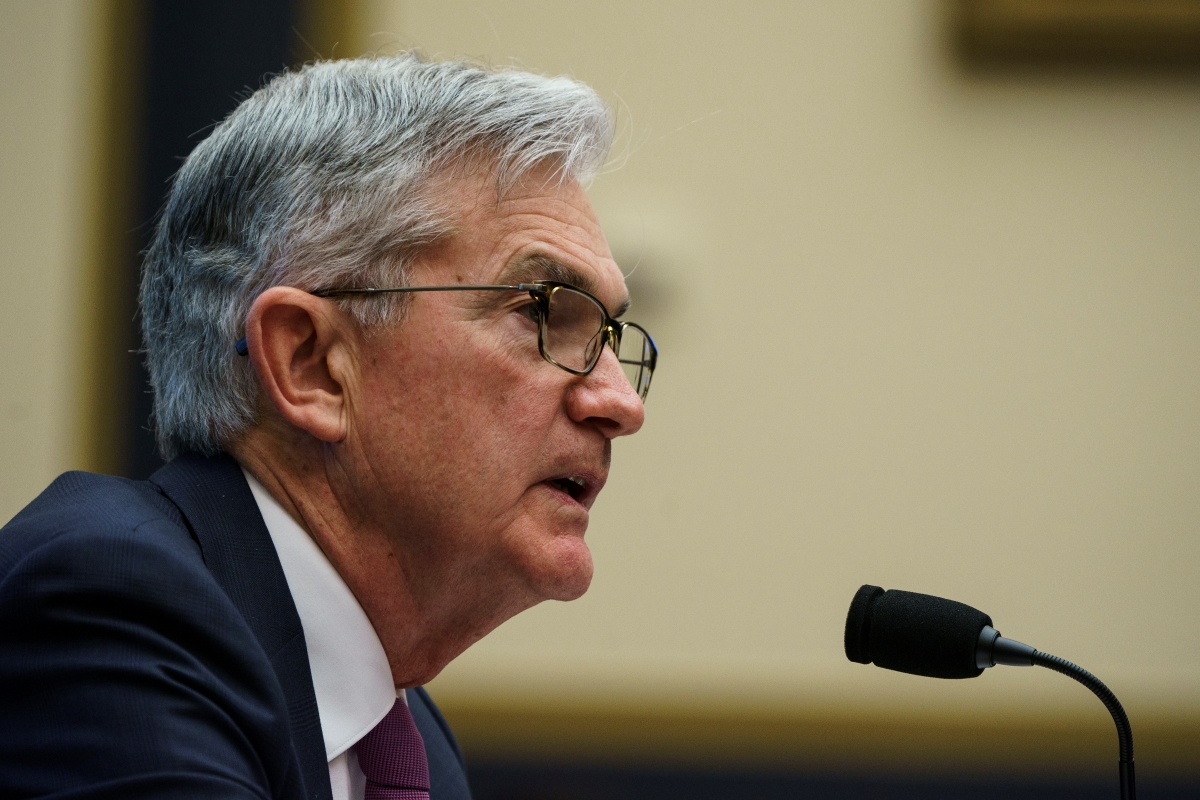The US Federal Reserve on Wednesday kept its benchmark interest rate unchanged at the record-low level of near zero amid growing concerns over surging inflation and the rapid spread of the Delta variant.
“The path of the economy continues to depend on the course of the virus. Progress on vaccinations will likely continue to reduce the effects of the public health crisis on the economy, but risks to the economic outlook remain,” the Fed said in a statement after concluding a two-day meeting, Xinhua reported.
Advertisement
While indicators of US economic activity and employment “have continued to strengthen,” the sectors most adversely affected by the pandemic “have not fully recovered”, the Fed said.
The Fed also noted that the US economy “has made progress” toward its goals of maximum employment and price stability since December, and the central bank will continue to assess progress in coming meetings.
The Fed has pledged to keep its benchmark interest rate unchanged at the record-low level of near zero, while continuing its asset purchase program at least at the current pace of $120 billion per month until “substantial further progress” has been made on employment and inflation.
At a virtual press conference Wednesday afternoon, Fed Chair Jerome Powell said that “we have some ground to cover on the labour market side.”
“I think we’re some way away from having had substantial further progress toward the maximum employment goal. I would want to see strong job numbers,” he said.
Powell also said that US inflation will “remain elevated” in the coming months before moderating to normal levels due to supply bottlenecks.
“As the economy continues to open, we’re seeing upward pressure on prices, particularly because supply bottlenecks in some sectors have limited how quickly production can respond,” he said, adding inflation could turn out to be “higher and more persistent” than the Fed expected.











